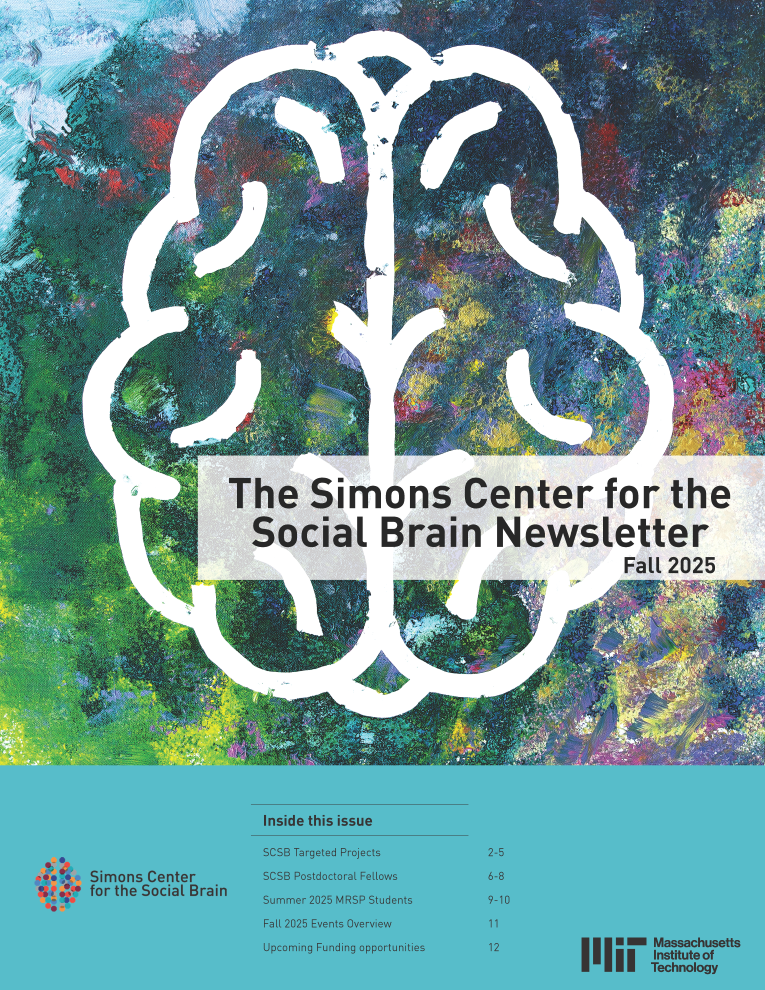[Source: ScienceBlog, February 11, 2015]
A new paper published in Nature Neuroscience this week out of Mark Bear’s lab at MIT suggests that a previously identified synaptic deficit in fragile-X syndrome, a neurological disorder commonly associated with autism-related symptoms, may not be specific to fragile-X, but may actually be a more common deficit amongst autism-related disorders. In the study, Tian et al. used a mouse model to study the synaptic pathophysiology associated with a microdeletion of the chromosome 16p11.2 region, a disorder in which patients present with common autistic-like symptoms including language impairment, intellectual disability, and seizures. Interestingly, changes in this chromosomal region actually account for ~1% of autism spectrum disorders (ASD), which is a fairly high percentage for a disorder as heterogenous as autism.

